Move over Super Tuesday. On March 20, the continent of Africa has its very own Super Sunday, with five countries and one semi-autonomous archipelago holding polls over a single day that promises color, drama and possibly violence.
People will go to the polls in Republic of Congo to elect their president, while run-off polls between the two leading candidates in both Niger and Benin will also take place. A controversial election rerun is taking place on the holiday destination of Zanzibar, just off Tanzania's east coast, while Senegalese voters will decide whether to reduce the length of presidential terms. Finally, the tiny islands of Cape Verde are holding parliamentary elections.
Newsweek provides the lowdown on each of these votes.
1. Republic of Congo
Almost half of the 4.2 million people in the country, also known as Congo-Brazzaville, live in poverty despite its petroleum wealth: Republic of Congo is Africa's eighth-biggest oil producer and 36th in the world, pumping out 259,000 barrels of oil per day in 2014. The country's current president, Denis Sassou Nguesso, is considered the runaway favorite to secure another term in office after 92 percent of voters backed an October 2015 referendum to allow him to run for a third consecutive term in office. Sunday's poll is likely to be marked by tension, however, as at least four protesters were killed in October while demonstrating against the referendum. Nguesso was installed by the military in 1979 but was voted out in the first multi-party elections in 1992, before returning to power in 1997 following a bloody civil war. He faces eight opponents in the first round of polling, each of whom has pledged to support the opposition candidate in the case of a run-off vote.
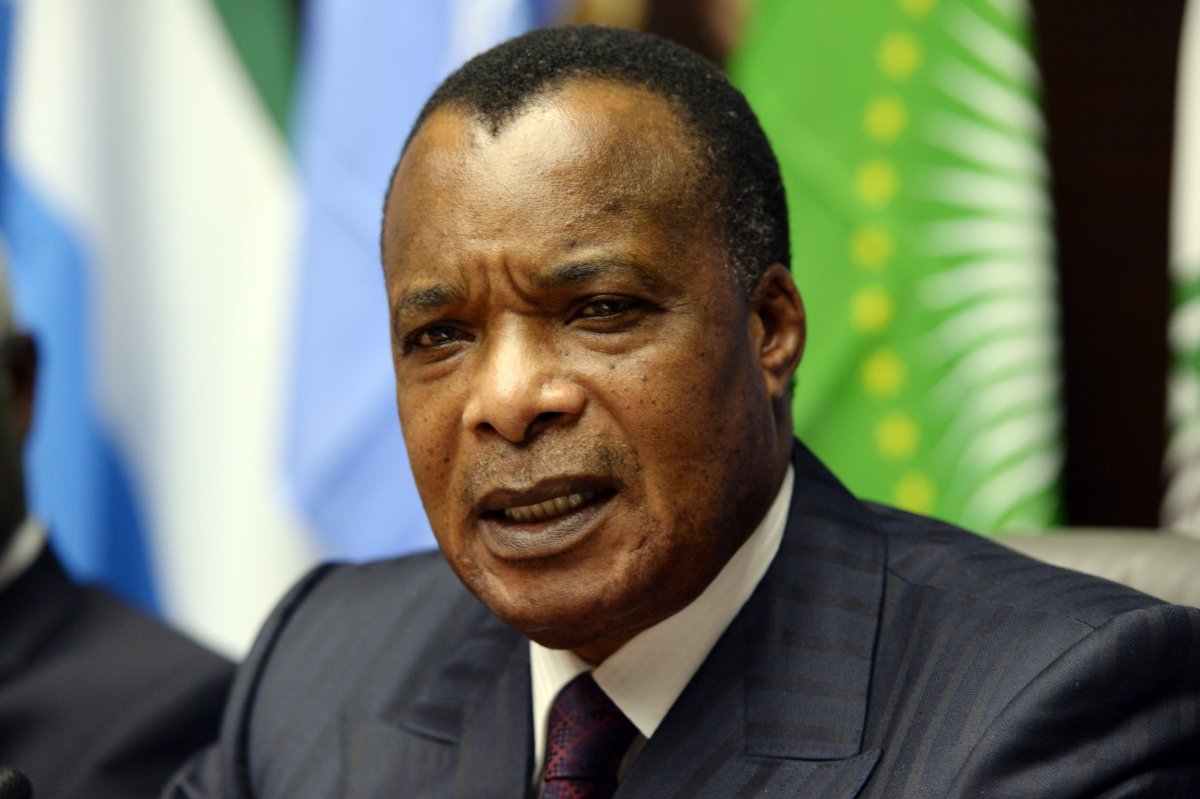
2. Niger
In the West African state affected by the Boko Haram insurgency, incumbent Mahamadou Issoufou and opposition leader Hamad Amadou lock horns in a presidential run-off vote. The two candidates are not exactly on an equal footing, however, as Amadou has been imprisoned on baby-trafficking charges (which he denies) since November 2015 and had to campaign from behind bars. Amadou was flown to France earlier in March to receive medical treatment and there are doubts as to whether he will boycott Sunday's vote. In any case, Issoufou is the favorite to gain re-election after polling 48 percent in the first round to Amadou's 17 percent. While Issoufou claims to have boosted infrastructure and improved Niger's international standing, living standards remain dire—Niger came last in the U.N.'s 2015 Human Development Index, meaning it has the ignominious honor of having the worst living conditions in the world.
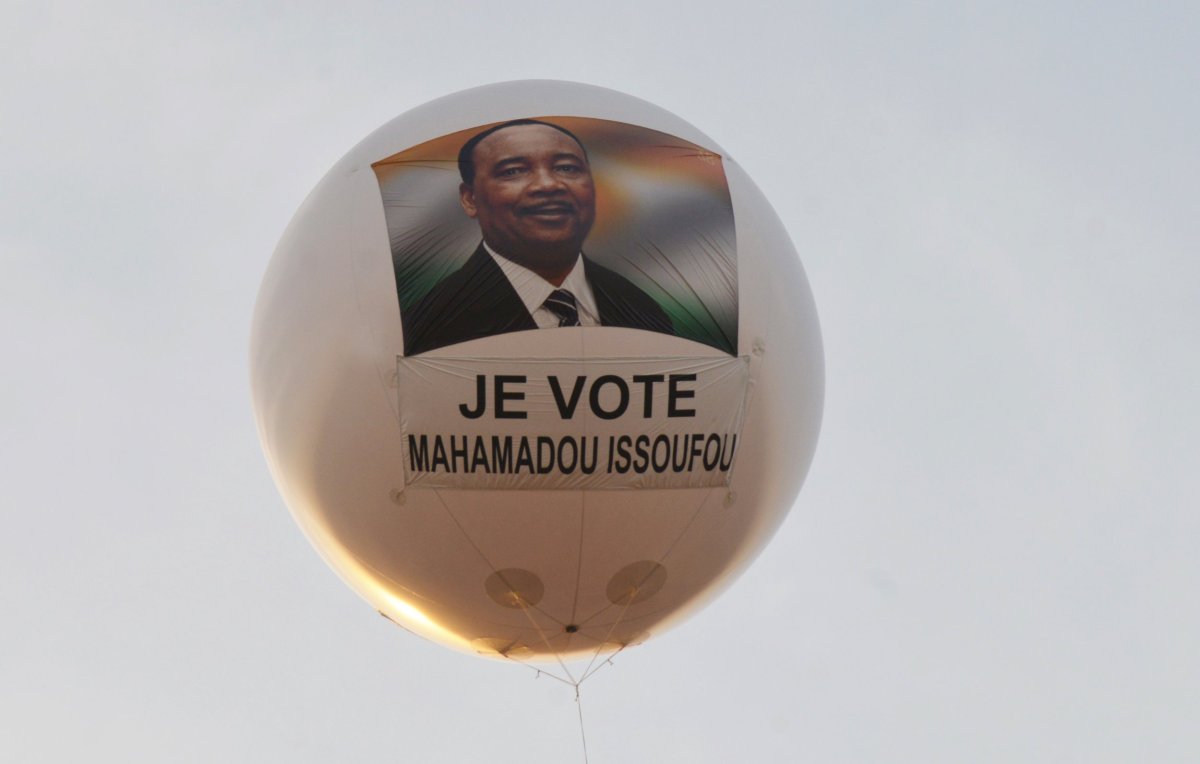
3. Benin
Beninese President Thomas Boni Yayi proved to be somewhat of a rarity among African heads of state by honoring his country's constitution and agreeing to step down at the end of his second term. Current Prime Minister Lionel Zinsou came top of the polls on March 6 with 28 percent, narrowly ahead of businessman Patrice Talon on 25 percent. Benin was the first sub-Saharan African country to adopt multi-party elections in 1990 and, despite a delay to the elections due to problems distributing polling cards, the vote was carried out peacefully, meaning that Benin may well be the least controversial of all the polls taking place across the continent on Sunday.
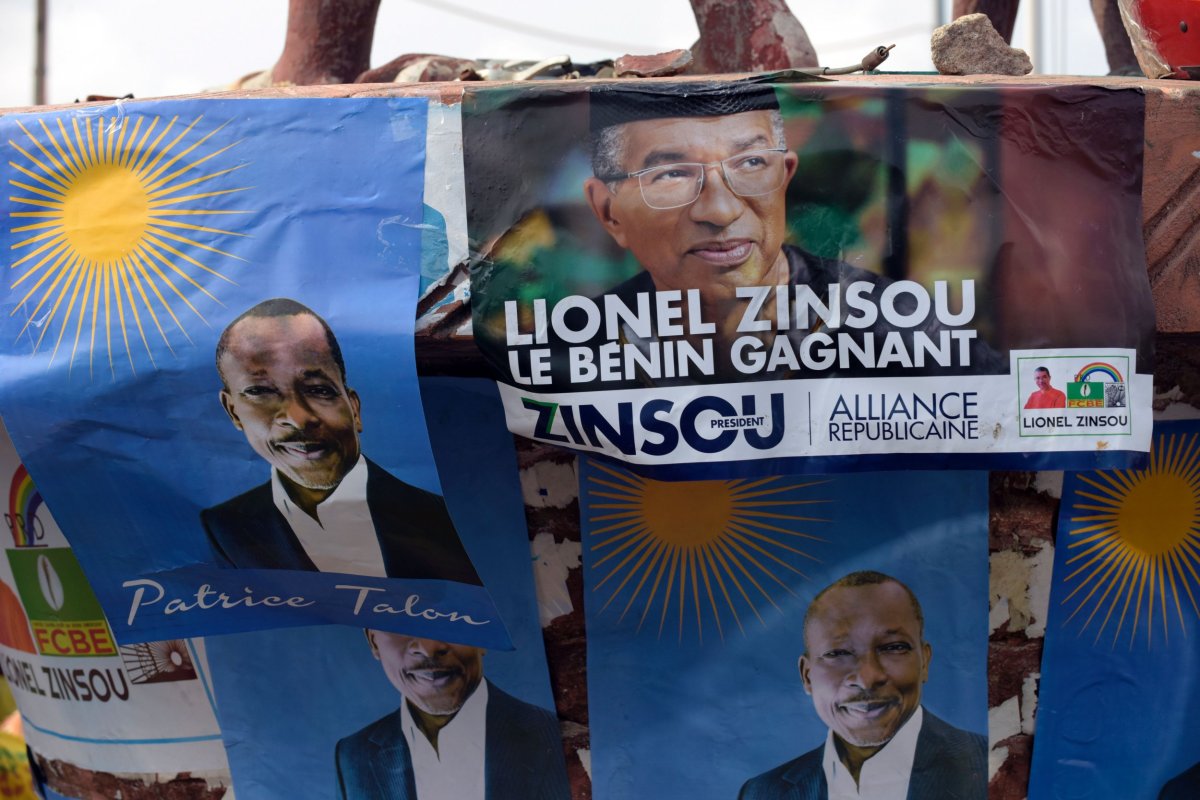
4. Zanzibar
A paradisiacal archipelago popular with European tourists, Zanzibar is also a semi-autonomous region of Tanzania with a troubled political history, with violence marring previous votes on Zanzibar in 1995, 2000 and 2005. Zanzibar's result was controversially annulled following nationwide elections in Tanzania in October 2015, when the electoral commission claimed that the poll had been jeopardized by irregularities. The opposition Civic United Front (CUF) cried foul and has called for a boycott of Sunday's rerun, which has also been criticized by a smattering of international representatives to Tanzania, including the U.S. Ambassador and British High Commissioner to the East African country. If the ruling Chama Cha Mapinduzi (CCM) is again accused of rigging the polls on Sunday, there is the potential for another flare-up on the so-called Spice Islands.
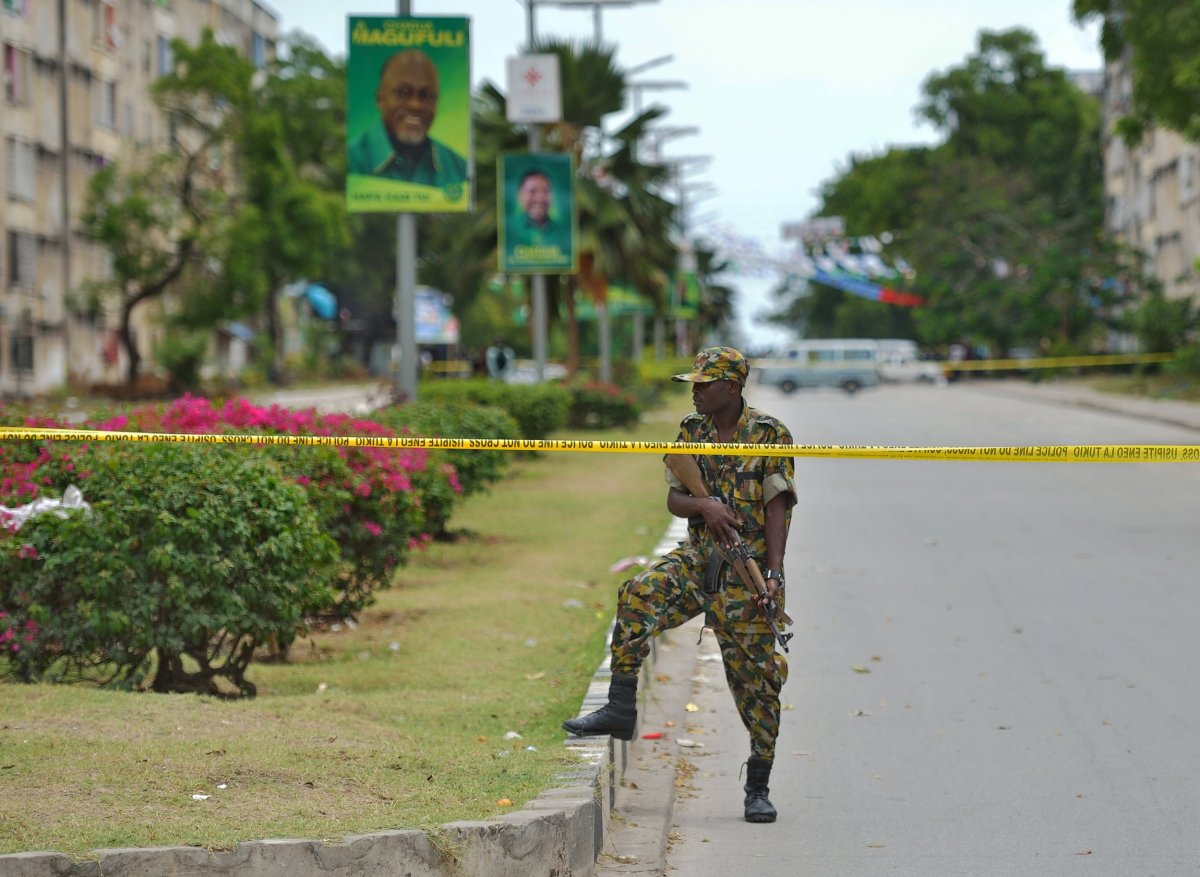
5. Senegal
Senegalese President Macky Sall wants to reduce his time in power. Sall has become the first sitting African president to call a referendum aimed at reducing presidential terms—in his case, from seven to five years—and the vote is taking place on Sunday in the West African country. The president pledged to reduce term limits prior to his election in 2012 and has previously said that doing so would set a good example to other African leaders. Indeed, should Sall succeed, he would be bucking a trend which has seen heads of state in other countries—including Paul Kagame in Rwanda, Uganda's Yoweri Museveni and Pierre Nkurunziza of Burundi—amending or ignoring their constitutions in order to stay in power.
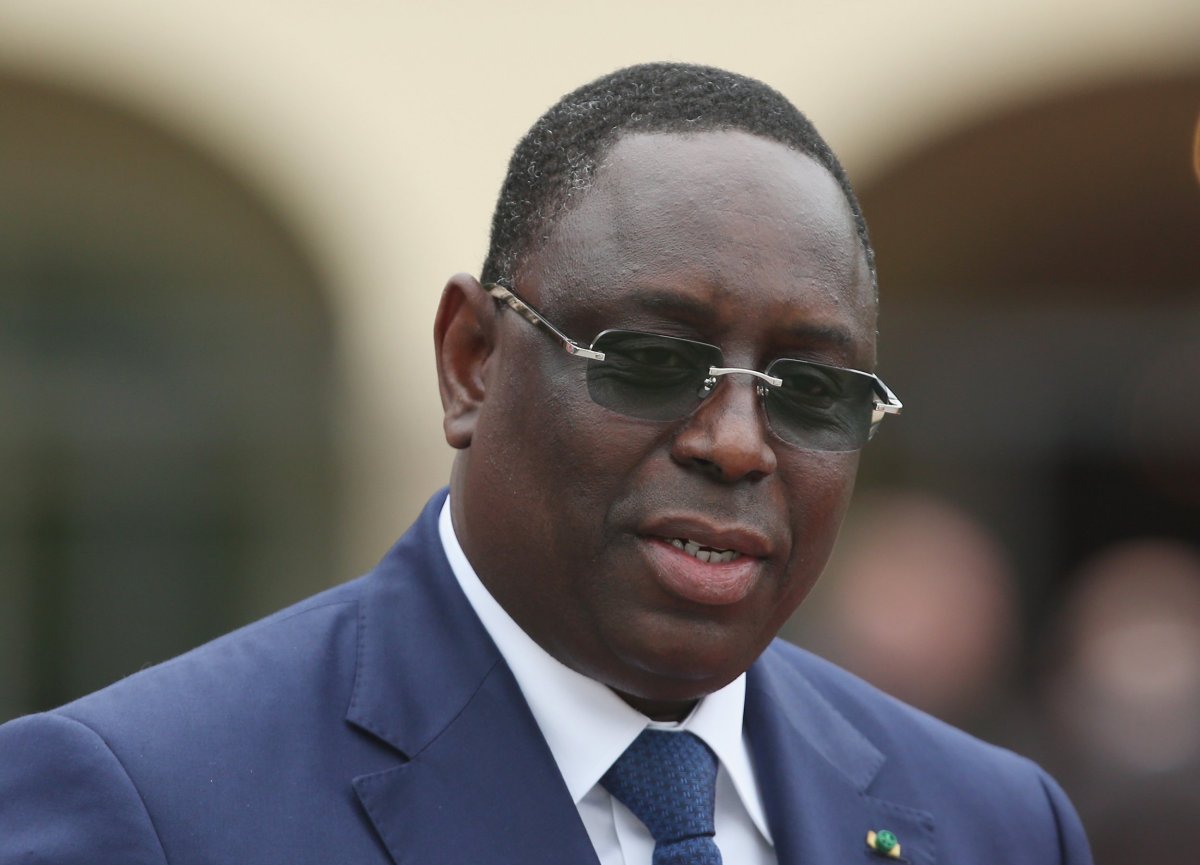
6. Cape Verde
In the archipelago that lies some 570 kilometers (350 miles) west of Senegal in the Atlantic Ocean, Cape Verdeans will on Sunday vote for their 72 parliamentary representatives in the National Assembly. Cape Verde, which has a population of around 500,000 and is currently subject to a travel warning due to an outbreak of the Zika virus, is holding presidential elections later in 2016 and so Sunday's vote should highlight which of the two dominant parties—the African Party for the Independence of Cape Verde (PAICV) or the Movement for Democracy (MpD)—is in the better position.
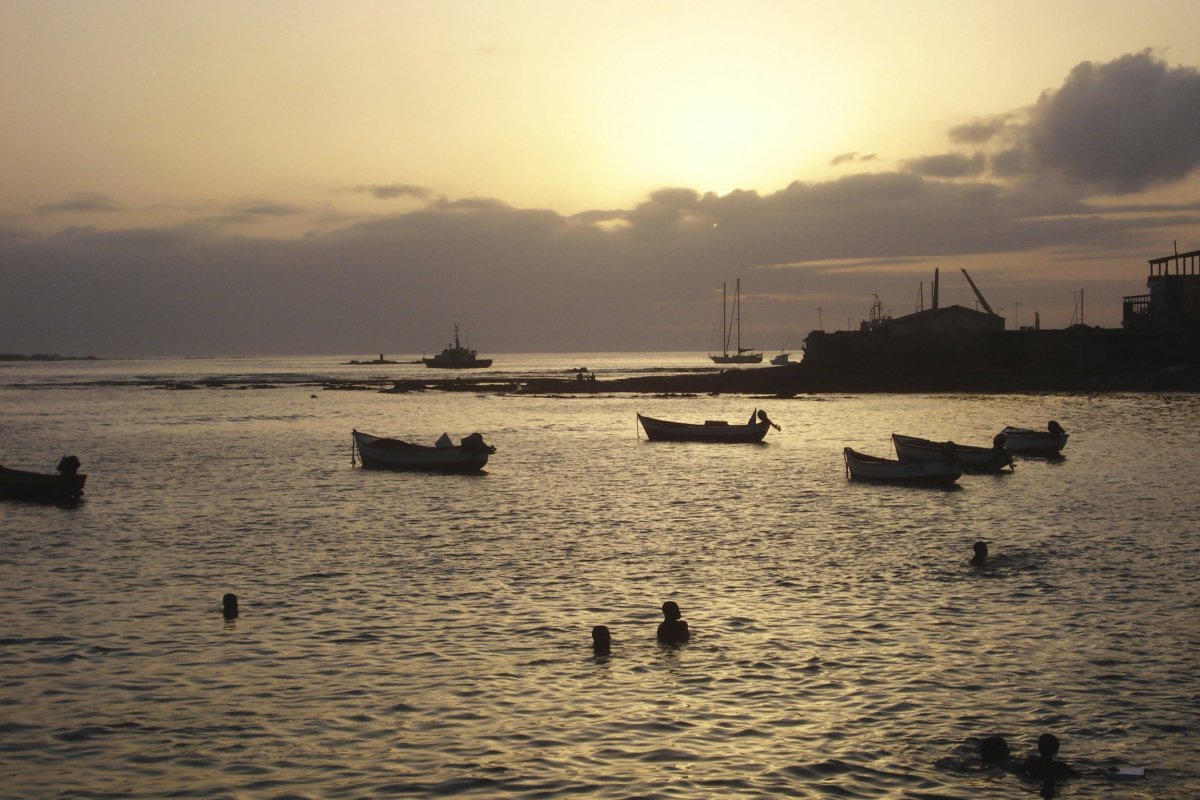
Uncommon Knowledge
Newsweek is committed to challenging conventional wisdom and finding connections in the search for common ground.
Newsweek is committed to challenging conventional wisdom and finding connections in the search for common ground.
About the writer
Conor is a staff writer for Newsweek covering Africa, with a focus on Nigeria, security and conflict.
To read how Newsweek uses AI as a newsroom tool, Click here.








